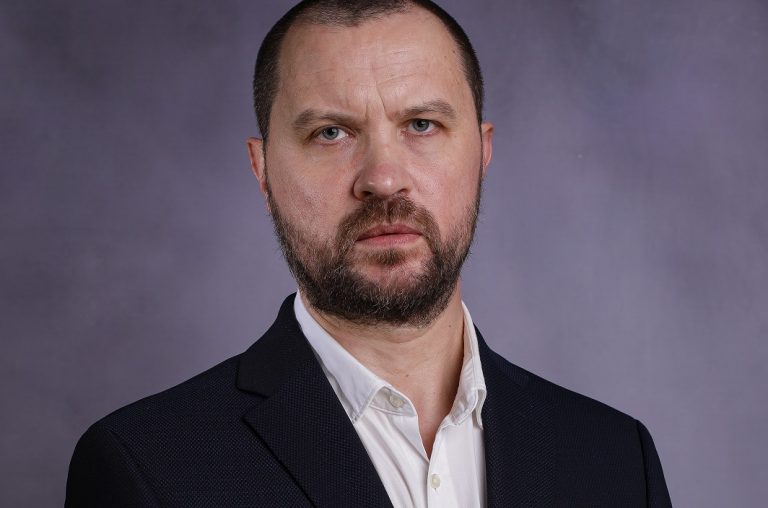No one knows at this moment whether the state blackmail practiced by Klaus Iohannis with NATO leaders has yielded results or not. The President of Romania announced on Thursday that he informed the Alliance about his withdrawal from the race for the NATO leadership position at the end of last week. It is unclear whether he did so knowing he no longer stood a chance against Mark Rutte (former Dutch Prime Minister) or only after receiving guarantees that he would get, in return for his withdrawal, an important position at the EU.
Urmărește cele mai noi producții video G4Media
- articolul continuă mai jos -
What is certain is that President Iohannis warned again, on the day he announced his exit from the NATO race, that „it is not possible for any member state to be ignored, marginalized, or uninvolved in these negotiations and if that happened, it should be corrected.” Iohannis was obviously referring to the distribution of top positions within the EU, a process currently underway after the European Parliament elections. In plain translation: I want to be in Brussels.
The diplomatic world is puzzled. Any discussion about Klaus Iohannis begins and ends with allusions to his monarch-like behavior, his passion for luxury, private jet travels, golf, and personal comfort. Everyone has noted his long absences from the public sphere, his deep silences in times of crisis, and his general disinterest in his country’s issues. The following questions arise naturally: Why does Klaus Iohannis believe he deserves such an important position as the head of NATO, the President of the European Commission, the President of the European Council, the High Representative for EU Foreign Policy, the head of the European Investment Bank, special envoy for Ukraine, or any other significant position in Brussels? What are his merits as head of state after two terms in Romania? What legacy does he leave after ten years at Cotroceni (the Romanian Presidential Palace)?
Undoubtedly, President Klaus Iohannis is overestimating Romania’s role in the context of the Ukraine war, Bucharest’s predictable position, and his loyalty to the European project and American allies in these negotiations. This wouldn’t be objectionable if this image didn’t hide serious imperfections when looked at more closely. Klaus Iohannis leaves behind a country struggling in almost all indicators: politically, he promoted imposters, mediocrities, and nonentities; economically, it is on the brink of a budgetary crisis. All the warning lights are flashing at the European Commission. Warnings are pouring in about the increasing budget deficit and delayed reforms. The grand presidential project „Educated Romania” is a lamentable failure. In terms of parliamentarism, justice, media, and other important pillars of the rule of law – it’s a disaster. What should Klaus Iohannis look for in Brussels with this dishonorable CV?
An influential German publication describes Klaus Iohannis as less German, rather a clumsy Balkan prince: „Iohannis gives almost no interviews, is considered rhetorically clumsy, and feels more comfortable in behind-the-scenes discussions than on an open stage.” For the reporter from Frankfurter Allgemeine Zeitung, „it is doubtful whether Iohannis would be up to the demands of a top European position.”
Nevertheless, the Romanian state has been striving for at least a year to find a new kingdom for the Emperor of Bucharest after the doors of the Cotroceni Palace close behind him at the end of his ten-year deep sleep. If it succeeds, it will be an ominous example in Brussels: it doesn’t matter what you’ve done for your country, but how your country has negotiated for your personal interest.
Klaus Iohannis’s behavior fits any reading of the Constitution as an abuse of power. Everything for himself, nothing for the country. We still don’t know what Romania gained from blackmailing NATO with a ridiculous candidacy that wasn’t agreed upon with the Americans, the British, or the Europeans. On the contrary, this troublemaker from Romania, suddenly awakened from his slumber, has exasperated everyone.
Unfortunately, he can no longer be suspended from office in the last six months of his term. In reality, the Emperor has long suspended himself from exercising presidential duties. In his little kingdom on the edge of the Empire, the Emperor has slept for a decade dreaming of the day he would place a bigger crown on his head.






